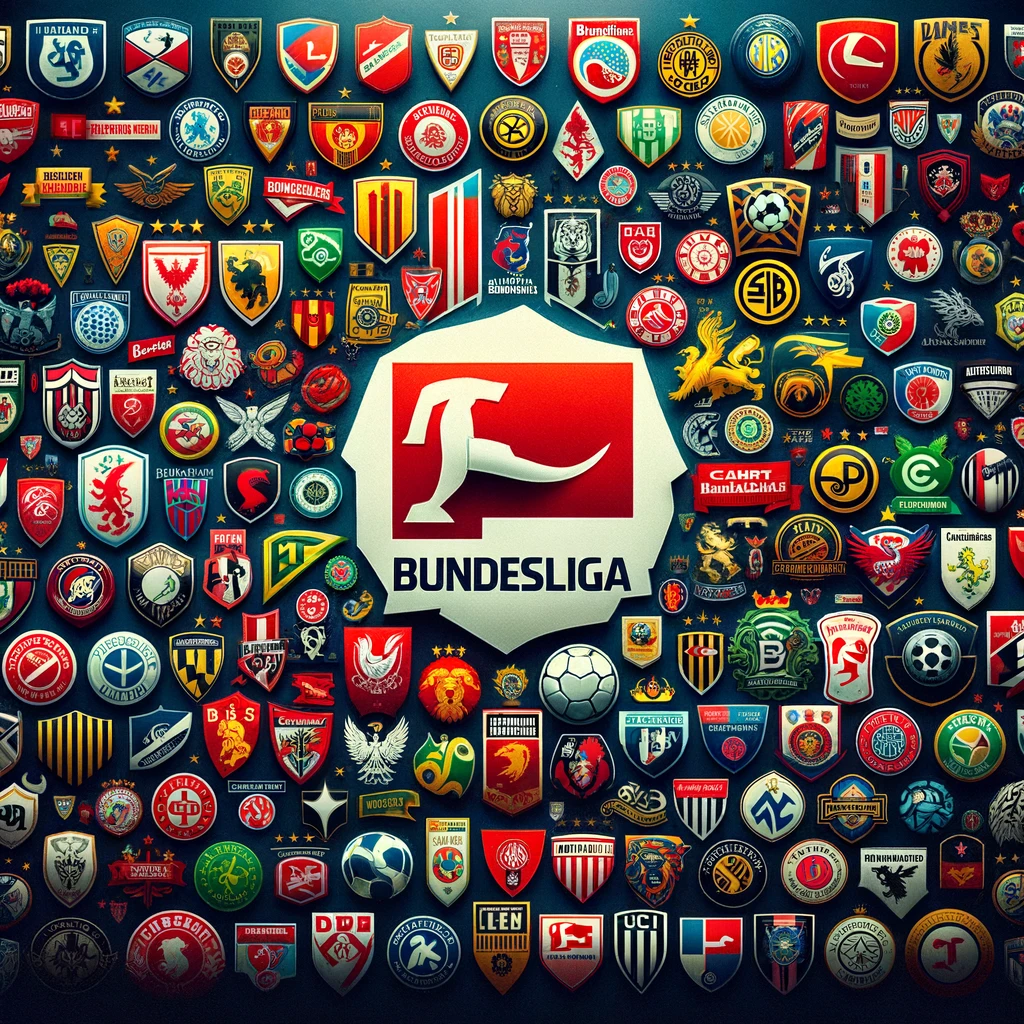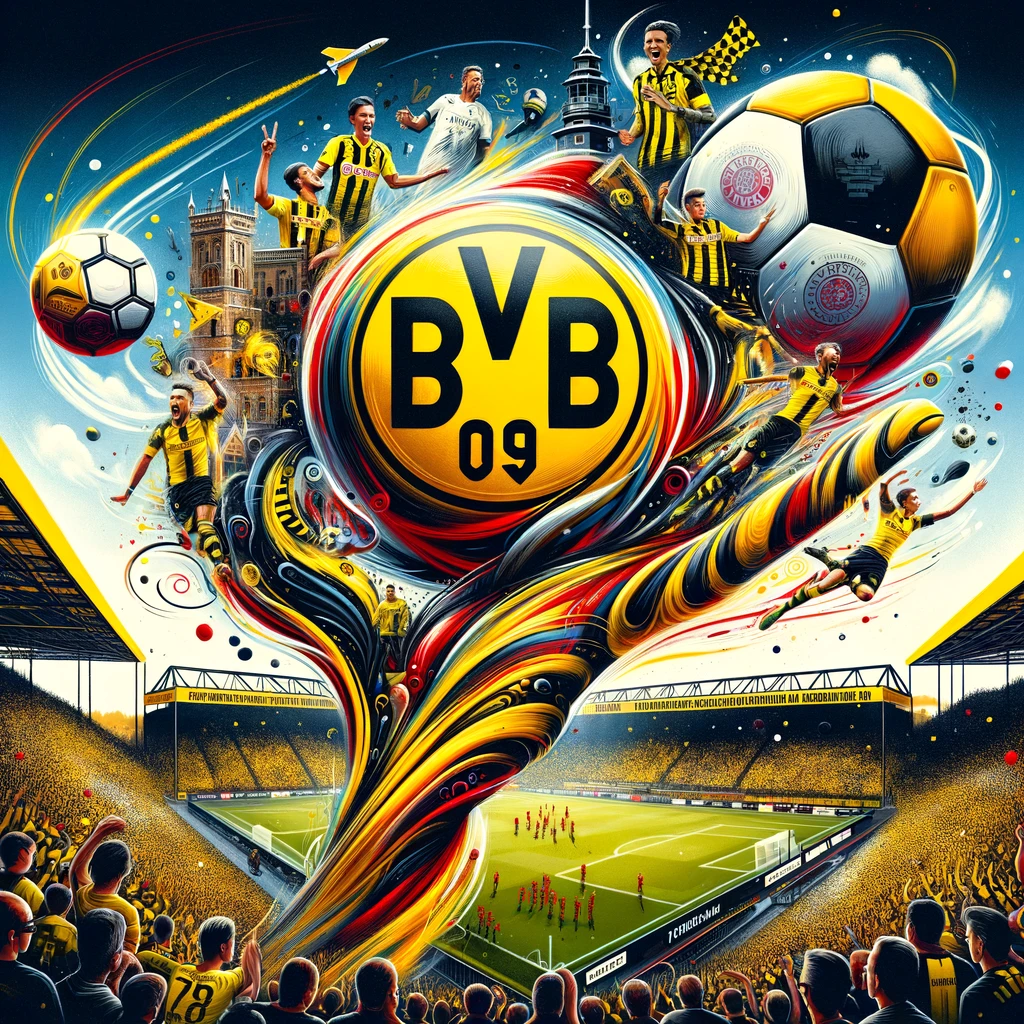Introduction
The Bundesliga, Germany’s primary football competition, is celebrated globally for its high-quality play, passionate fan base, and innovative approach to the sport. Since its inception in 1963, the Bundesliga has grown into one of the world’s most popular and competitive football leagues, known for its exciting matches, talented players, and a unique fan culture.
Formation and Early Years
The Bundesliga was established to replace the regional league system in Germany, creating a unified national league. Its formation marked a significant shift in German football, professionalizing the sport and increasing its appeal both domestically and internationally.
Club Dominance and Rivalries
The league has been historically dominated by a few clubs, with FC Bayern Munich being the most successful, winning numerous league titles. However, teams like Borussia Dortmund, Schalke 04, and Hamburger SV have also had significant impacts. The rivalries between these clubs, particularly the Der Klassiker between Bayern Munich and Borussia Dortmund, are highlights of each season.
Fan Culture and Stadiums
One of the Bundesliga’s defining features is its fan culture. German football fans are known for their passionate support, with stadiums regularly filled to capacity. The Bundesliga boasts some of the highest average attendances in global football, with clubs like Borussia Dortmund’s Signal Iduna Park being famous for its ‘Yellow Wall’ – a massive, vibrant, and vocal supporter section.
Financial Fair Play and Club Ownership
The Bundesliga is also known for its sustainable financial model. The league’s ’50+1′ rule, which ensures that clubs remain majority-owned by their members, is unique and fosters a close connection between the clubs and their fans, prioritizing sporting integrity over commercial interests.
Development and Youth Programs
German clubs are renowned for their youth development programs. The Bundesliga’s emphasis on developing homegrown talent has not only benefited the national team but also contributes significantly to the global football talent pool.
Global Appeal and Broadcasting
With the advent of global broadcasting, the Bundesliga has expanded its international fan base. The league’s commitment to exciting football, along with its promotion of young talents and the vibrant atmosphere in stadiums, has attracted fans worldwide.
Current Challenges and Future Outlook
As the Bundesliga continues to evolve, it faces challenges such as maintaining competitiveness with other top European leagues and adapting to the changing dynamics of global football. However, its strong foundation, commitment to fan culture, and sustainable approach to club management position it well for future success.
Conclusion
The Bundesliga is not just a football league; it’s a symbol of German football’s excellence, innovation, and passion. As it continues to captivate audiences around the world, the Bundesliga remains a cornerstone of world football, celebrated for its unique blend of exciting play, fan engagement, and commitment to the sport’s integrity.
Some Bundesliga Stats
- Foundation: The Bundesliga was established in 1963, replacing the regional league system in Germany.
- Number of Teams: The league is composed of 18 teams. The bottom two teams are relegated to the 2. Bundesliga at the end of each season, with the top two 2. Bundesliga teams being promoted.
- Record Champions: FC Bayern Munich holds the record for the most Bundesliga titles, having won the league more than 25 times since its inception.
- Attendance Figures: The Bundesliga is known for having the highest average stadium attendance of any football league in the world, with games frequently played in front of large, passionate crowds.
- International Players: The league features a diverse array of international talent. Players from over 60 different countries have played in the Bundesliga.
- Top Scorers: The Bundesliga has seen some of the world’s greatest strikers. Gerd Müller, known as “Der Bomber”, holds the record for the most goals in a single Bundesliga season, scoring 40 goals in the 1971-72 season.
- Global Broadcasting: The Bundesliga is broadcasted in over 200 countries, reflecting its global popularity.
- Financial Health: The Bundesliga is known for its sound financial management and profitability, with a strong emphasis on sustainable spending and investment in youth development.
- Competitive Balance: While Bayern Munich has been dominant, the league has also seen other teams like Borussia Dortmund, VfB Stuttgart, and VfL Wolfsburg win the title in recent decades, indicating a competitive balance.
- Youth Development: The Bundesliga is renowned for its youth development systems, with clubs investing significantly in training young players. This has contributed to the success of the German national team as well.


